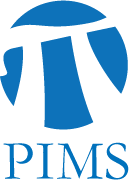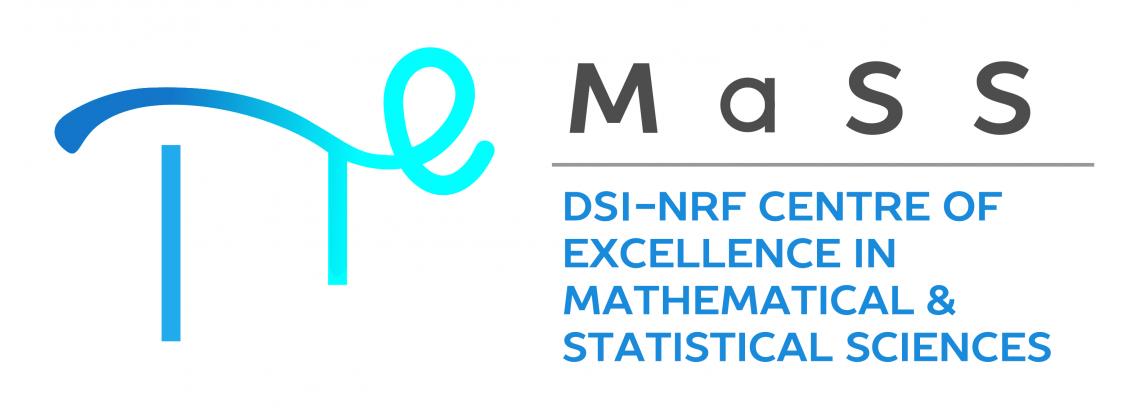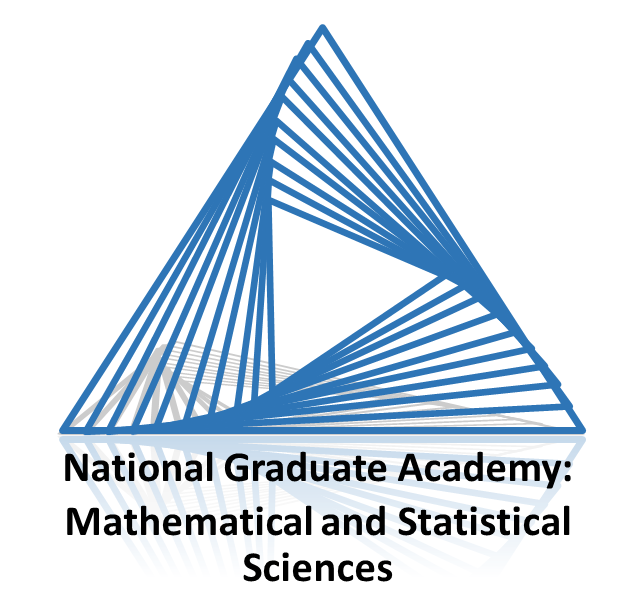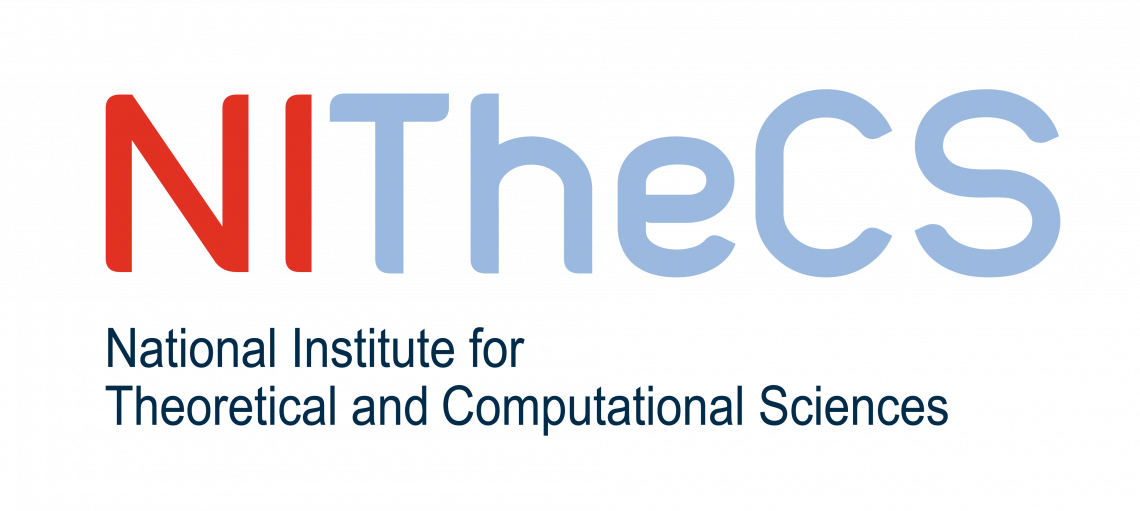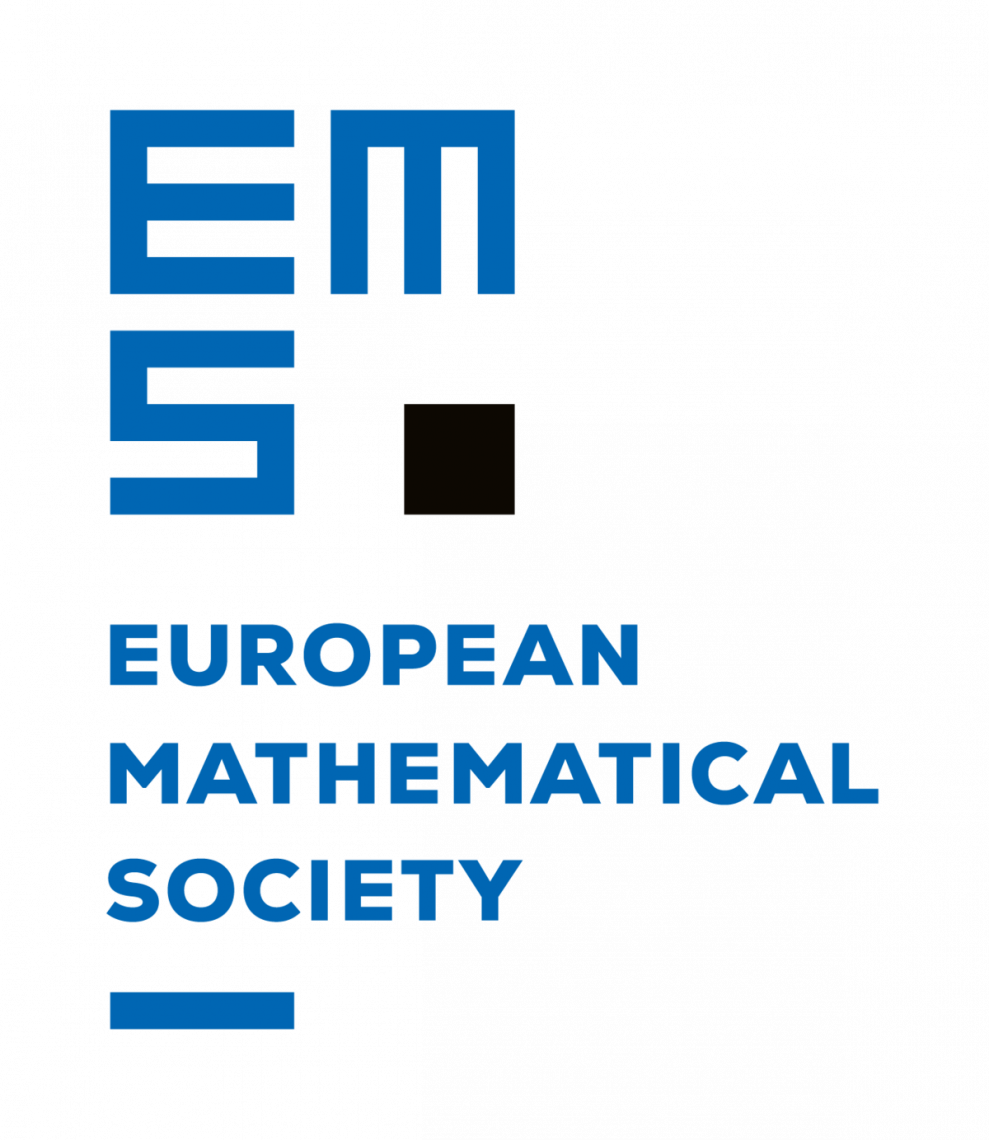3MC Presents:
CIMPA School on Mathematical and Statistical Modeling in Oncology
3-14 February 2025, NWU, Potchefstroom
Partners
Sponsors
Mini-Courses
Course title: Cancer biology and relevant medical terminology Description: Cancer is the second leading cause of death worldwide. Interdisciplinary cancer research is a growing field with current interest. This introductory course is designed for non-biologists to develop a basic understanding of cancer biology, diagnosis and treatment. Three main topics will be covered: Cancer biology (etiology, cancer cell, genetics, cancer stem cell), Hallmarks of cancer (tumor growth, metastasis), and Diagnostics and therapy in oncology (imaging, staging, therapy, clinical trials, ethical issues, resistance). Course title: Hybrid Multi-scale Modelling in Oncology Description: The course aims at presenting hybrid multi-scale models in oncology. In an introductory session, the purpose of these models will be presented and will show how the different spatial and temporal scales are represented and integrated. The implementation of a model of tumour growth will be described and we will show the integration of continuous intracellular kinetic reactions with ODEs and reaction-diffusion phenomena with PDEs, coupled with discrete representations to treat the individual cells evolutions will be developed using an agent-based model. Some applications of the model to test different therapies (chemotherapy and radiotherapy) will be proposed. Simulations will be realised with the NetBioDyn (https://netbiodyn.org/) and Physicell (http://physicell.org/) software and the results will be confronted to experimental or clinical data in two successive Tutorial and Practical sessions. References: Course title: Transport equations in oncology Description: In oncology, predicting the evolution of disease and the efficacy of treatments is a challenge in which mathematical modelling can play a key role. We will describe in this course two different issues. The first one concerns the prediction of the metastatic state of the patients, the second one the better understanding of chemotherapeutic drugs that are anti-microtubule agents. For both issues transport models have been used. References Course title: Mathematical Modelling and Oncolytic Virotherapy in Cancer Treatment Using Delay Differential Equations Description: Oncolytic Virotherapy, a promising approach in cancer treatment, involves the use of viruses to target and destroy cancer cells. The effectiveness of oncolytic virotherapy relies on a complex interplay of biological factors, making mathematical modelling an essential tool for understanding and optimizing its therapeutic potential. In this course, we explore the application of delay differential equations (DDEs) for modelling oncolytic virotherapy. The course comprises the following sections: References: Course title: Statistical methods in oncology - part 1 Description: This course introduces essential statistical concepts and techniques specifically tailored to the field of oncology. Participants will learn how to analyze cancer-related data, make informed decisions, and contribute to advancements in cancer research and treatment. This course structure provides a comprehensive overview of statistical methods in oncology, catering to participants from diverse backgrounds and levels of expertise. It equips them with the skills needed to contribute meaningfully to cancer research and clinical practice. The course comprises the following modules: Module 1: Introduction to Oncology and Cancer Data Module 2: Descriptive Statistics for Cancer Data Module 3: Hypothesis Testing and Inference in Oncology Module 4: Regression Analysis in Oncology Module 5: Survival Analysis in Depth Module 6: Clinical Trial Design and Analysis Course title: Statistical methods in oncology - part 2 Description: This course introduces essential statistical concepts and techniques specifically tailored to the field of oncology. Participants will learn how to analyze cancer-related data, make informed decisions, and contribute to advancements in cancer research and treatment. This course structure provides a comprehensive overview of statistical methods in oncology, catering to participants from diverse backgrounds and levels of expertise. It equips them with the skills needed to contribute meaningfully to cancer research and clinical practice. Module 7: Analysis of Genomic Data Module 8: Imaging Data Analysis Module 9: Advanced Topics Module 10: Case Studies and Projects Module 11: Ethical and Regulatory Considerations Module 12: Future Trends and Emerging Technologies Course title: Data Mining with Python Brief program: Skills acquired:Mini-course 1: Meyling Hua-Che Cheok
Mini-course 2: Angélique Stéphanou
Mini-course 3: Florence Hubert
Transport equations are used in structured population dynamics to model the temporal evolution of a population described by additional traits, which enable a more detailed description of its behavior (See [4]). The model of metastatic emission uses a transport equation inspired from the MacKendrich-Von Foerster equation (See [2]). Microtubule instabilities can be described thanks to transport equations with growth-fragmentation processes [3, 1]. We will start this course by a presentation of some classical tumor growth models based on Ordinary Differential equations and then present the two families of transport equations through the two examples.
Mini-course 4: Rachid Ouifki
Mini-course 5: Michelle Carey and Sophie Dabo-Niang
Mini-course 6: Nada Abdelatif
Mini-course 7: Shawn Liebenberg
Description: The aim of the course is to present the main algorithms useful for data science, in particular data mining and prediction from examples. The course provides an introduction to the issues involved, in comparison with statistics. It presents the general approach and methodology for implementing, tuning, evaluating and comparing these algorithms. It then considers two main classes of methods.


